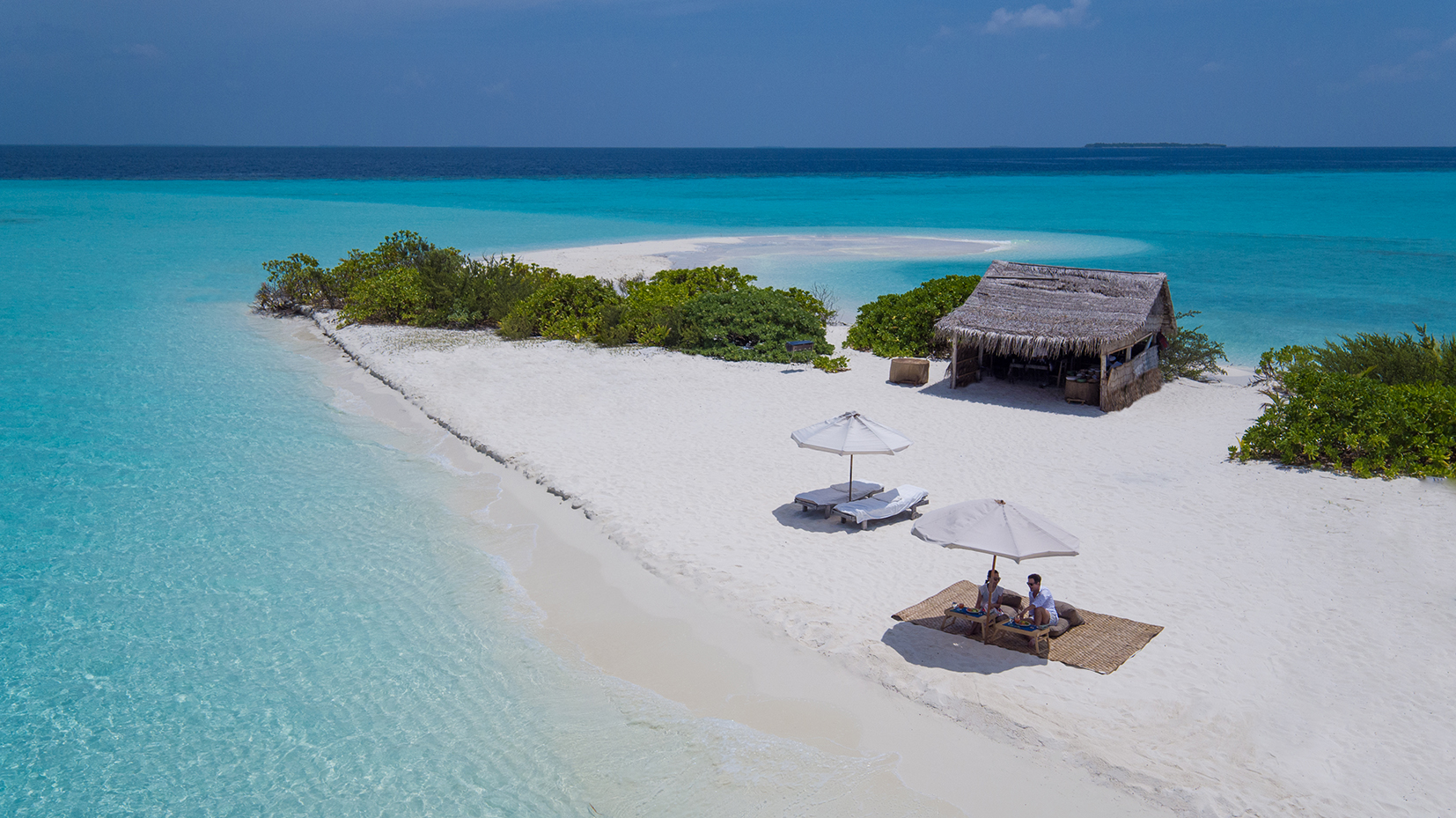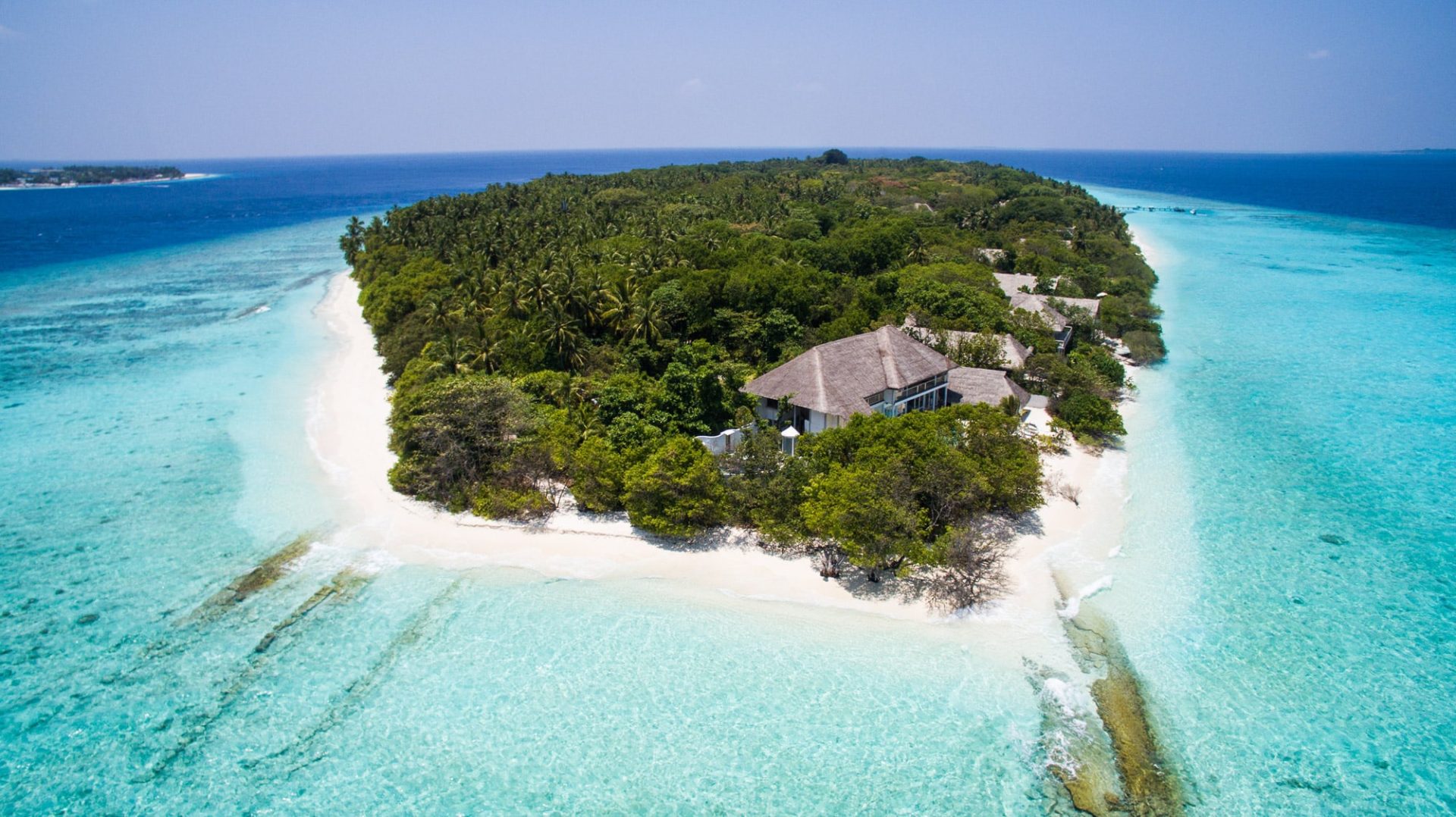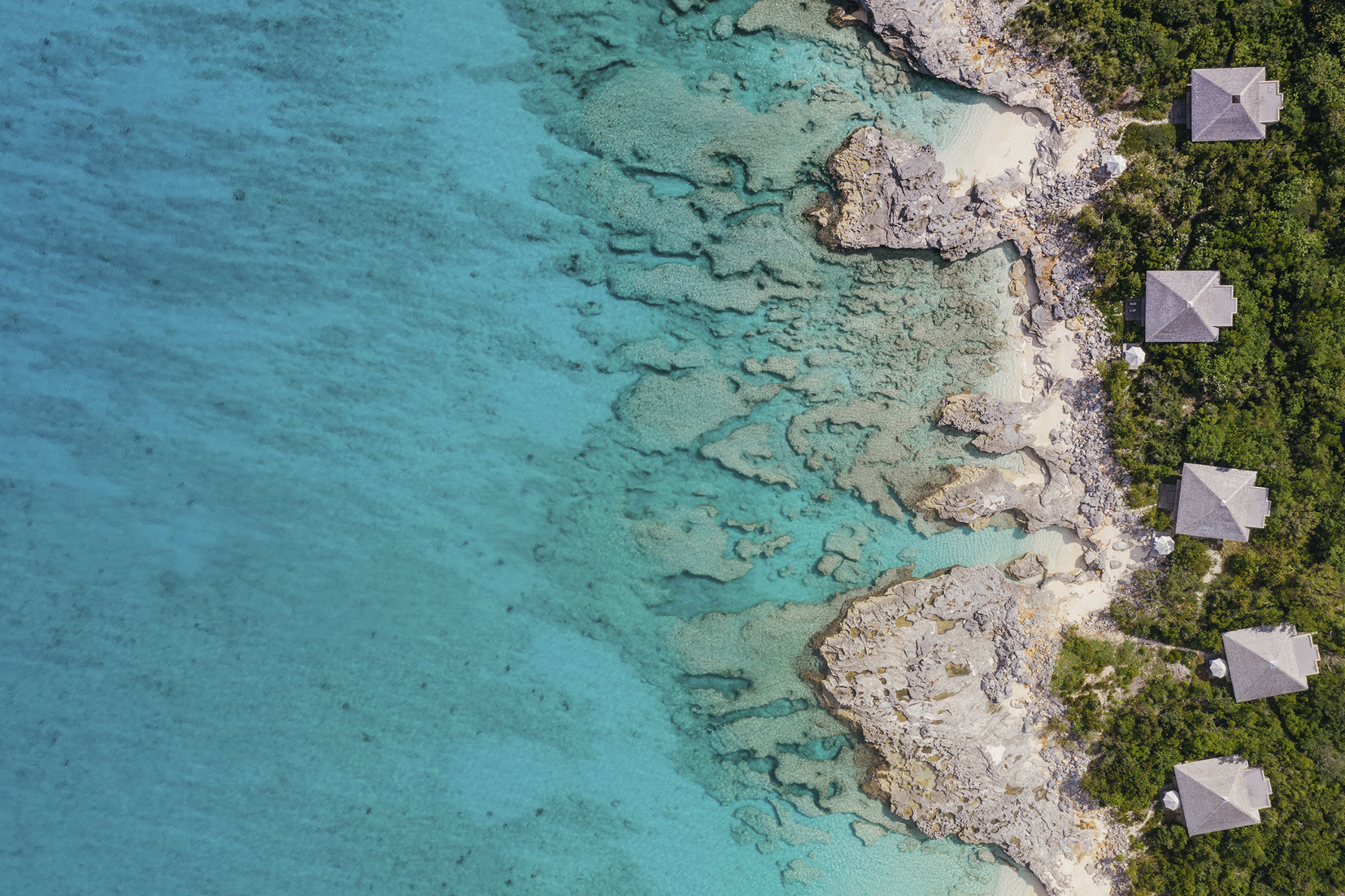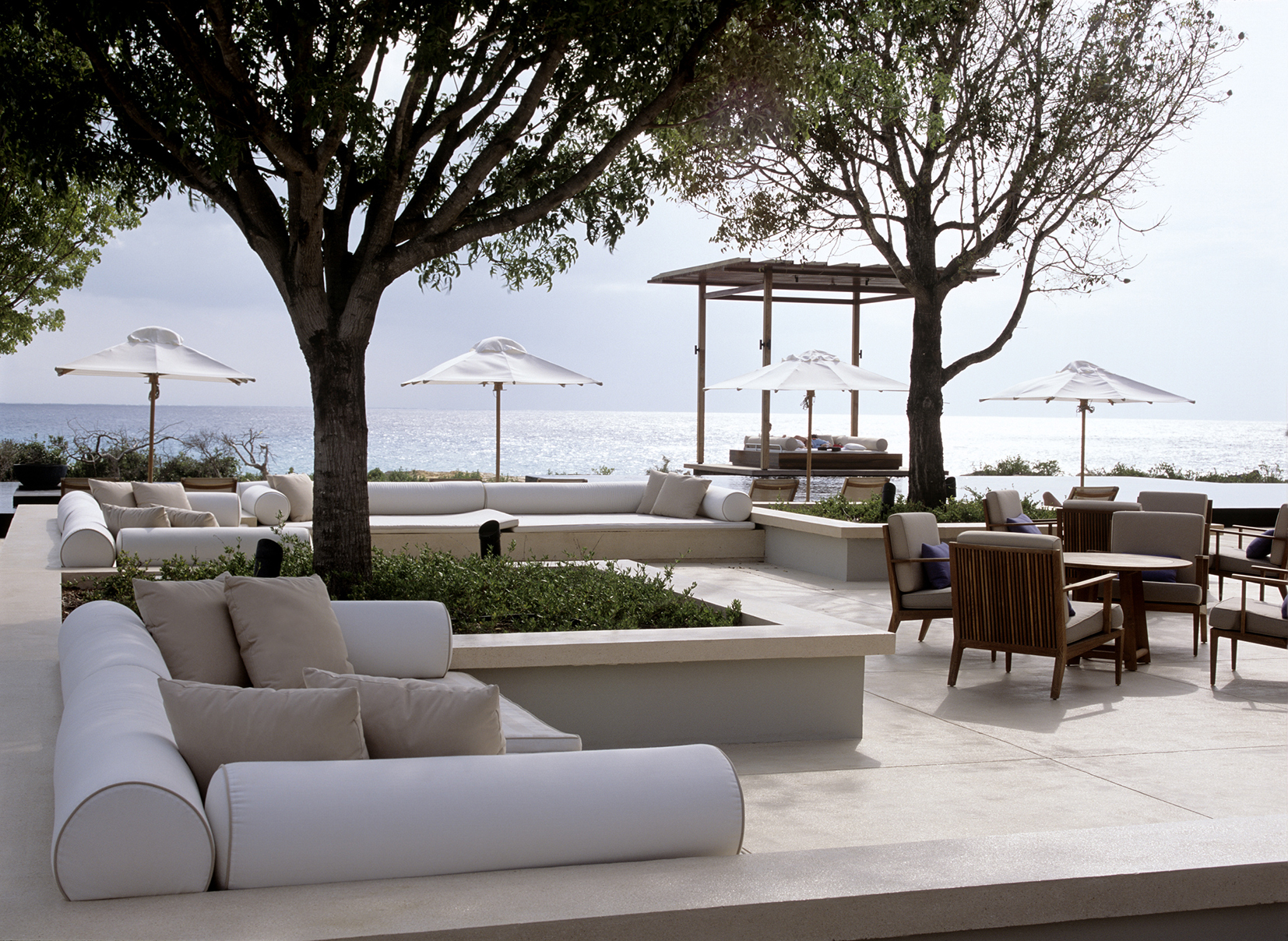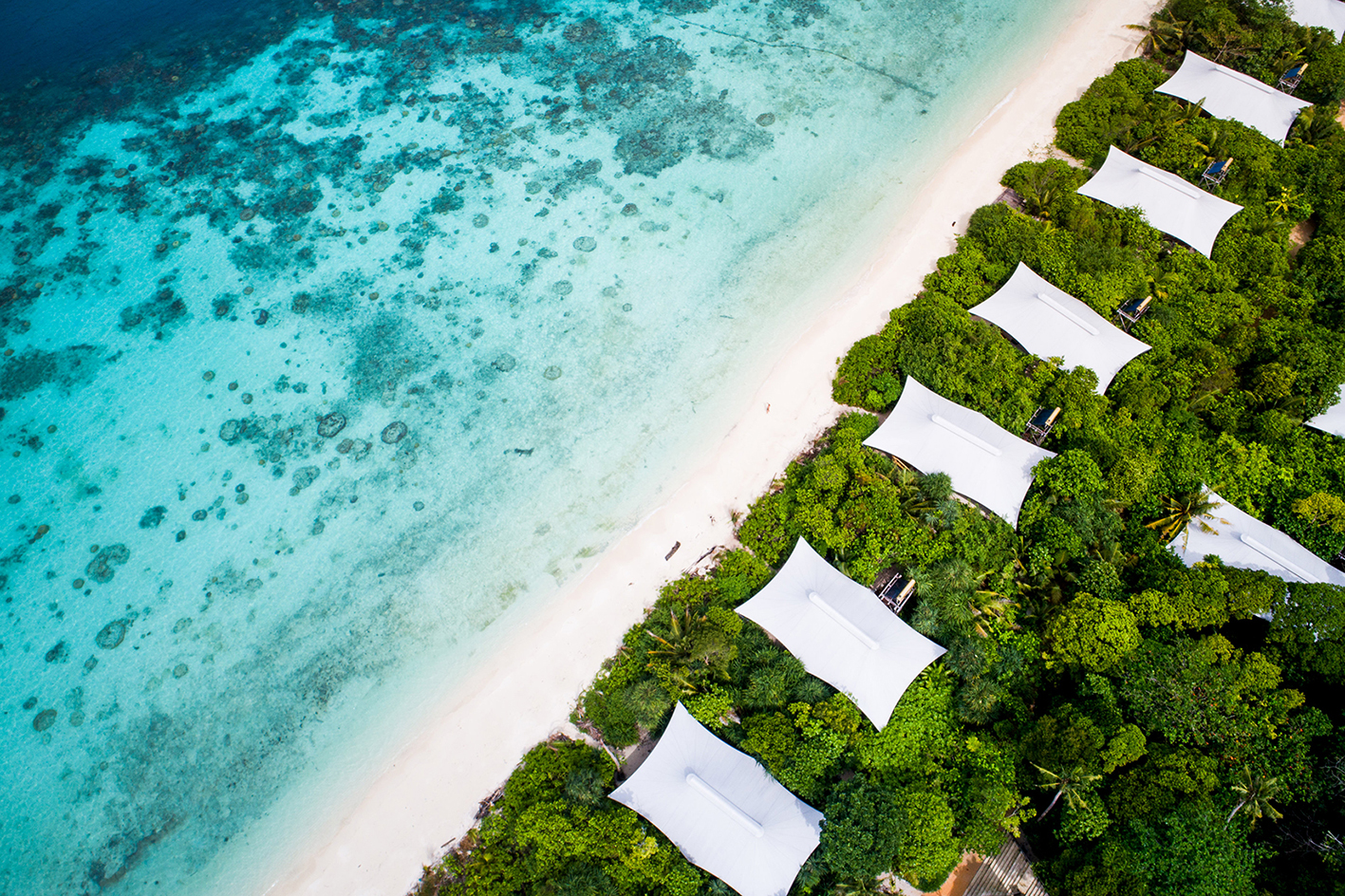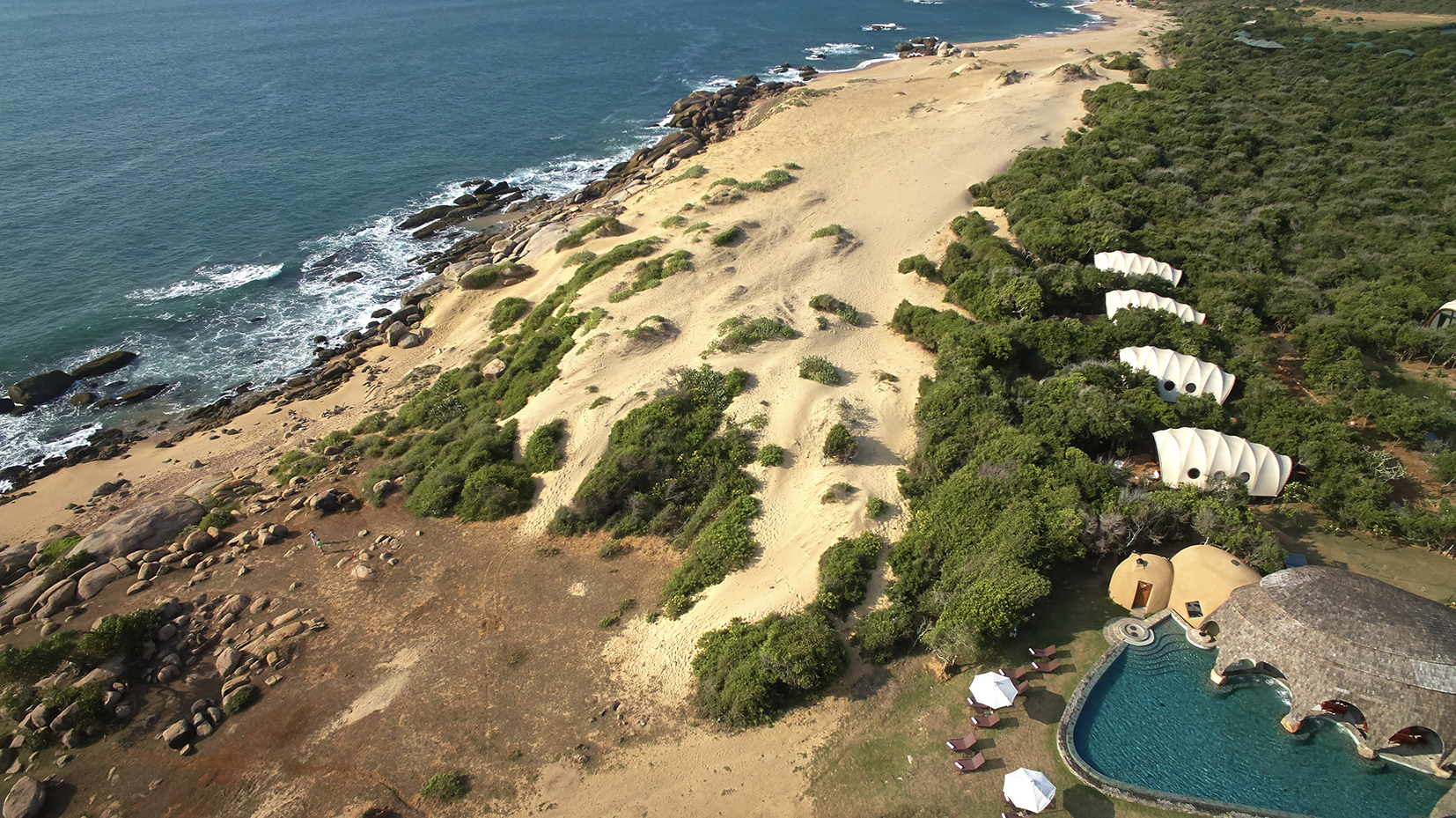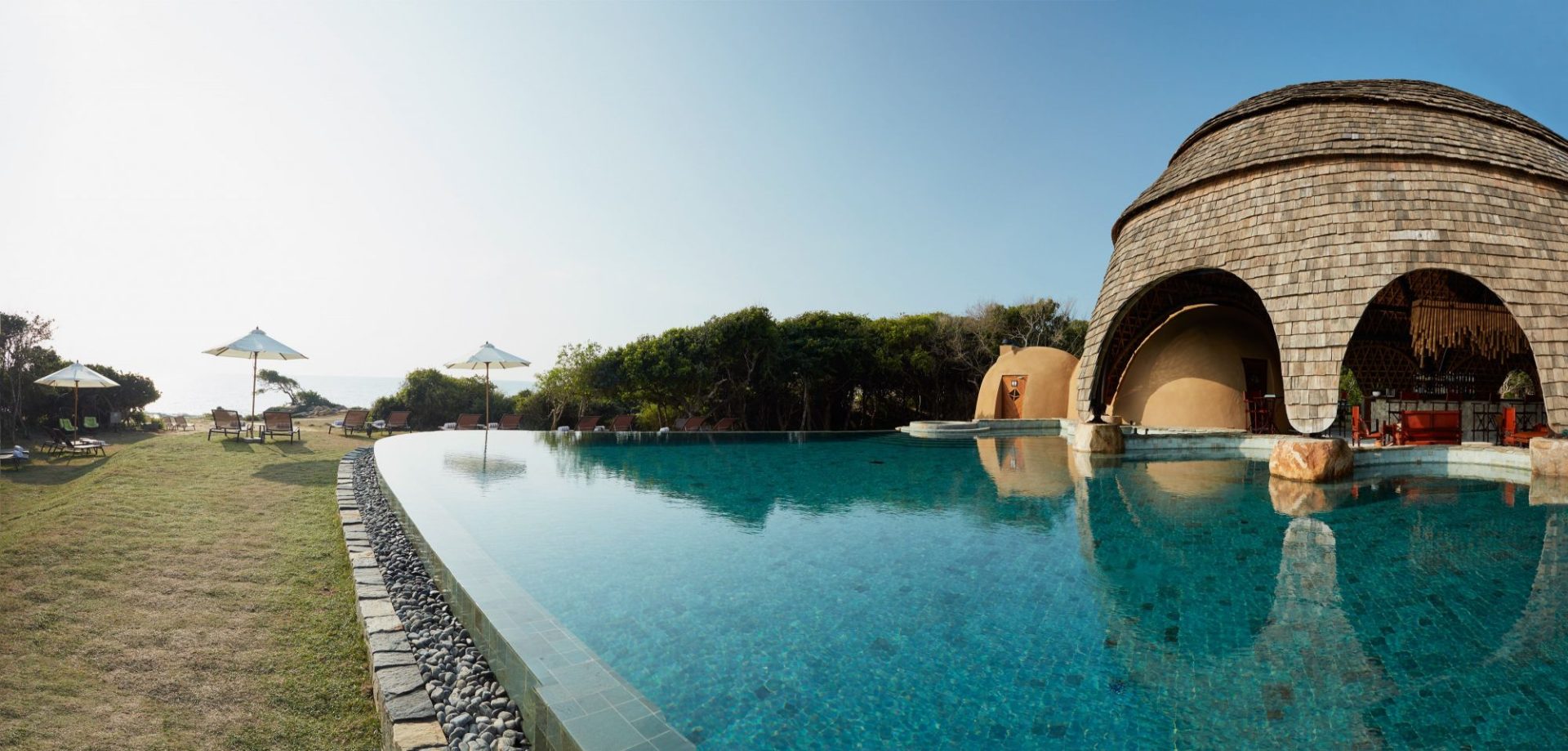Alluring eco-travel
It’s easier being green at some of the world’s most exclusive resorts that are making real efforts to reduce, reuse and recycle wherever possible.
13 May 2021
At a time when some of the world’s most iconic destinations are suffering from overtourism, many hoteliers and businesses are focusing on operating in a most sustainable manner.
The majority of travellers are thinking about their environmental footprint of their holiday, according to research by Booking.com in its most recent Sustainability Travel Report.
The findings showed that most people want to travel sustainably, and would prefer to book eco-friendly accommodation to help reduce environmental impacts, enjoy a locally relevant experience or feel good about their choices.
Thankfully, experiences that are eco-friendly are not only highly prized for their “feel good factor”, but are also good for your health, the future of the planet and are set amid some seriously social media-worthy landscapes.
In recognition of Earth Day 2021, here is a selection of eco-conscious and luxurious resorts to consider.
Ahead of its time, Soneva Fushi in the Maldives banned plastic straws in 1998 and in 2008, they banned imported water, saving approximately 1.5 million plastic bottles since this time.
Soneva Fushi recycles 90 percent of waste onsite through a robust waste management strategy combined with a focus on innovation.
Food waste is composted to create valuable and nutritious soil for the resort’s vegetable gardens, styrofoam packaging that arrives on the island from imported food such as Australian salmon and lamb is transformed into lightweight blocks that they use in construction, whilst the the Soneva Maker Program transforms excess plastic into durable objects such as colourful Easter eggs for the children.
The wine bottles from Soneva restaurants, as well as those from neighbouring resorts is up cycled at the Soneva Glass Studio transforming it into all glassware used for drinking on the island as well as exceptional pieces of art available for purchase to guests.
In 2020, Soneva launched the Namoona Baa Initiative with the unveiling of an eco-centro complex on the island of Maalhos in the Maldives.
Namoona Baa sees the islands of Maalhos, Dharavandhoo and Kihaadhoo in the Baa Atoll pledging to end the open burning of island waste, in a radical shift towards eco-friendly waste management. Each island is creating an eco-centro waste-to-wealth centre that will sort, recycle and reuse island waste with Soneva pledging funds from its Soneva Save our Seas program to support these centres.
Amanyara, a pristine Caribbean oasis set between a marine national park and a nature reserve on the island of Providenciales, Turks & Caicos, is the ideal location for guests to gain an understanding of the destination’s eco-system and marine life.
Under the direction of Amanyara’s new resident Marine Biologist Clare Atkinson, who specializes in sea turtle conservation, guests can now delve deeper into learning about the island’s unique ecosystem.
Guided by Clare, Amanyara now offers a range of new ecological experiences including a Junior Marine Biologist Program, freediving courses and field studies for guests of all ages.
Bawah is an intimate, luxuriously-sustainable resort 160 nautical miles (300km) northeast of Singapore in Indonesia’s remote Anambas Archipelago whose design has been developed with preservation of the island’s natural beauty in mind.
The collection of six previously uninhabited islands that make up Bawah Reserve is the first island group in Indonesia to be powered by a renewable microgram.
No heavy machinery is allowed on the island so every mechanical process is done by hand; all water is sourced on the island to recycle as drinking water; and the entire design is built from sustainable bamboo and other recycled materials such as driftwood and copper.
Bawah Reserve’s Anambas Foundation helps to conserve and expand the biodiversity found in the Anambas Islands both in the sea and on land, whilst also nurturing community welfare.
Located near Yala National Park in the south of Sri Lanka, Wild Coast Tented Lodge is a series of dwellings designed to mimic rocky outcrops scattered across the local landscape with parts built with recycled teak shingles executed as a community project by 100 local fishermen.
On the property, all water used in the resort is recycled; food waste is transformed to cooking gas and organic manure in the gardens; hot water is driven by the exhaust in air conditioners; 50 percent of its energy is driven from a solar plant; and a desalination plant is in progress.
Wild Coast is also building the first leopard research station in Sri Lanka (due to open in 2021), helping to manage conservation initiatives for the precious animal.
Together with the lodge’s sister properties, Ceylon Tea Trails and Cape Weligama, they contribute to local communities through the MJF Foundation and to the environment through Dilmah Conservation, the latter of which focuses on biodiversity conservation, environmental education, research and development in areas of sustainable agriculture, climate change adaptation and heritage conservation.



